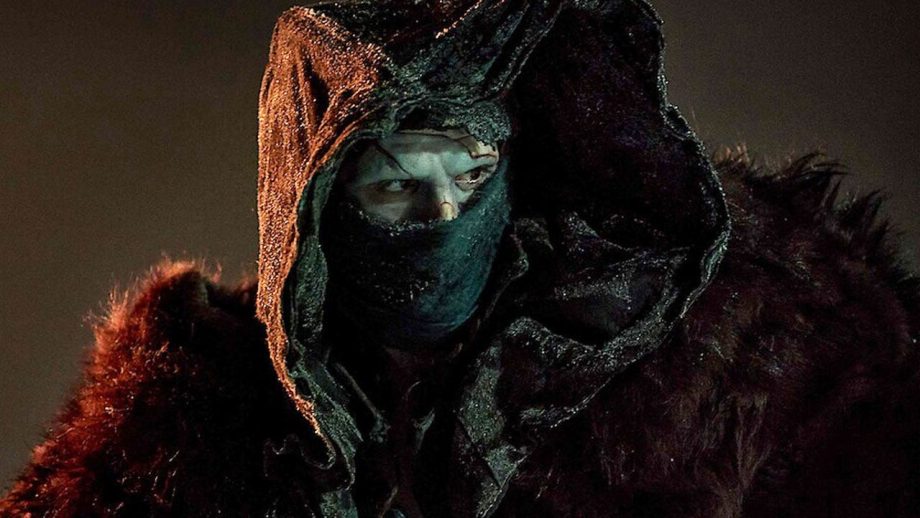Frankenstein received a limited release in theaters starting on October 17 followed by a Netflix release on November 7.
Stories about generational trauma are nothing new – chronicles of the pain that is handed down from parent to child and, in time, right on down the line to the next child, never breaking the cycle. It’s, as Mrs. Potts once said, a tale as old as time. From Kronos eating his own lil’ ones, only to suffer the eventual wrath of those children under the leadership of Zeus – who would pass down his own messed-up issues to his myriad children – all the way to Michael Corleone’s fall into the very underworld that his father hoped he would rise above, the pain is real.
It’s also a great avenue for telling compelling stories. Which brings us to Guillermo del Toro’s Frankenstein.
Pretty much everyone knows the story of Frankenstein, and del Toro – who’s been trying to get a movie based on the iconic novel made for at least 20 years – doesn’t deviate from Mary Shelley’s work in any way that anyone but fans of the OG would notice. Some characters are missing, others are added, but the bones of the story remain intact: Man makes monster, man rejects monster, monster gets pissed off. But more than just intact, these bones are also seemingly pulled from (carved out of?) Dr. Frankenstein’s choicest picks, his finest specimens, because this iteration of Frankenstein is, like its Creature, a beautiful, haunting thing through which classic themes are made to feel fresh and new.
Not only is Victor Frankenstein (Oscar Isaac) a monster for much of the film’s runtime – cue everyone’s favorite “who’s the real monster?” line – but he’s a monster who was spawned by a monster, his stringent and abusive father Leopold (played by Charles Dance, who at this point in his career is destined to play the same miserable asshole over and over again). So of course that generational pain continues to rear its ugly head – or perhaps in this case not so ugly – when Victor brings life to his creature, played by a scarred yet still movie-star-handsome Jacob Elordi.
Elordi is a marvel here (and his Creature exhibits Marvel-esque superhuman powers, which is fun), belying his turns as bad guys or unsympathetic characters in titles like Euphoria, Priscilla, and Saltburn. No, while the Creature in GDT’s Frankenstein will mess you up if need be – and does in fact mess up man and beast alike in spectacular fashion – del Toro writes him and Elordi plays him in the finest Karloffian vein, a sympathetic, sad-sack SOB who just wants a friend. That the actor also seems to be channeling the body work of GDT regular and creature-player extraordinaire Doug Jones only accentuates how different Elordi’s Creature is from past incarnations. He pivots his body, twists his waist, leans in and back, and cocks his head in such a way as to always remind us that, after all, the Creature’s body is actually a series of bodies that are still getting used to each other.
Isaac as Victor, on the other hand, runs the risk of becoming too unlikable at times. When his Creature is born, there are genuine moments of affection between the two. But the newborn’s apparent inability to evolve and grow – in terms of speech, he can’t get any further than saying “Vict-or” over and over again – frustrates the genius, and frankly, dickish doctor. Just as his father did before him, Victor punishes his child rather than nurtures him. And so the cycle continues, with the Creature never even having a chance at normalcy, his appearance notwithstanding. But the result is that Isaac’s Victor very nearly becomes the film’s villain, which perhaps isn’t a new concept in the Frankenstein mythos, but occasionally works against the film in the character’s darkest moments. (Colin Clive, who played the mad doctor opposite Boris Karloff’s monster, was always sympathetic, mind you, even when he was operating at peak Looney Tunes.)






